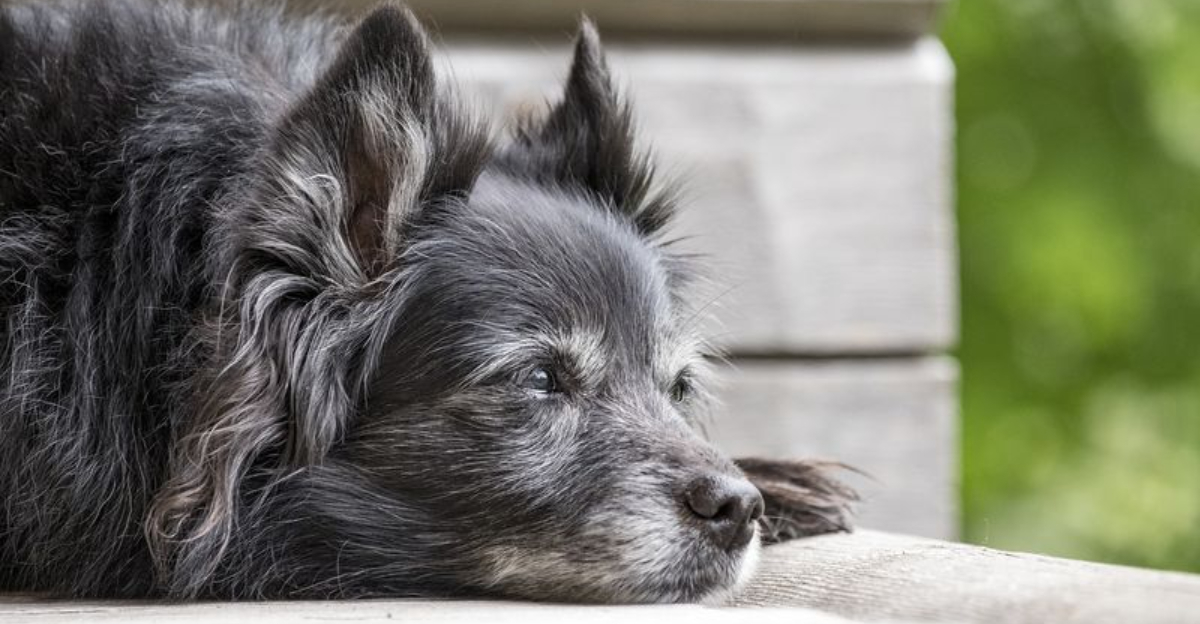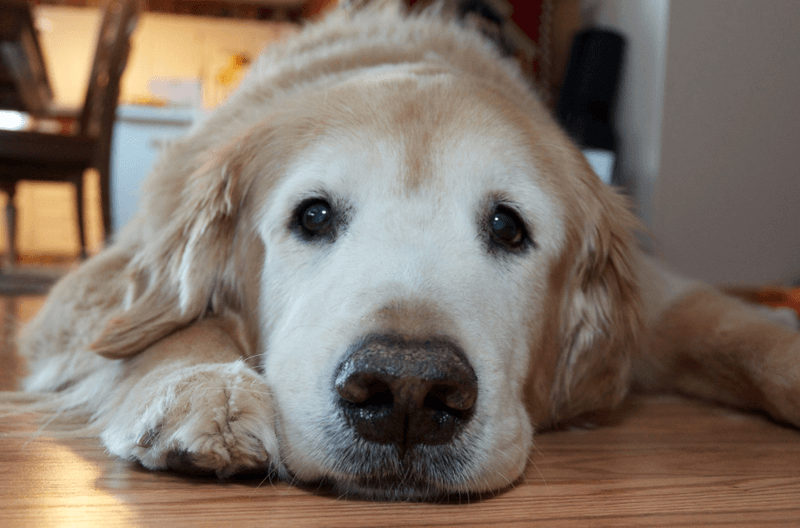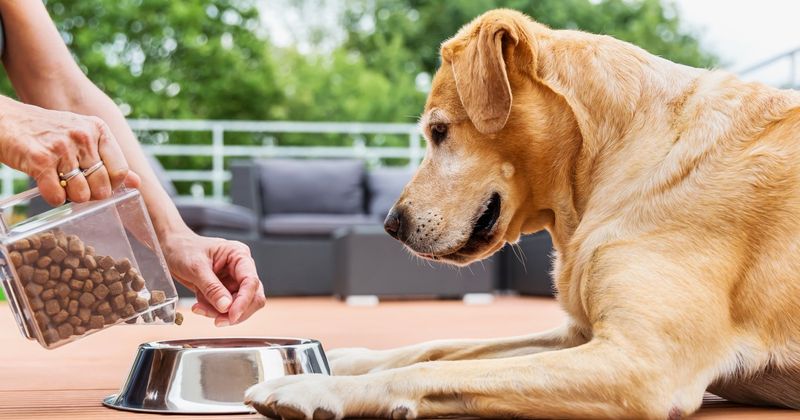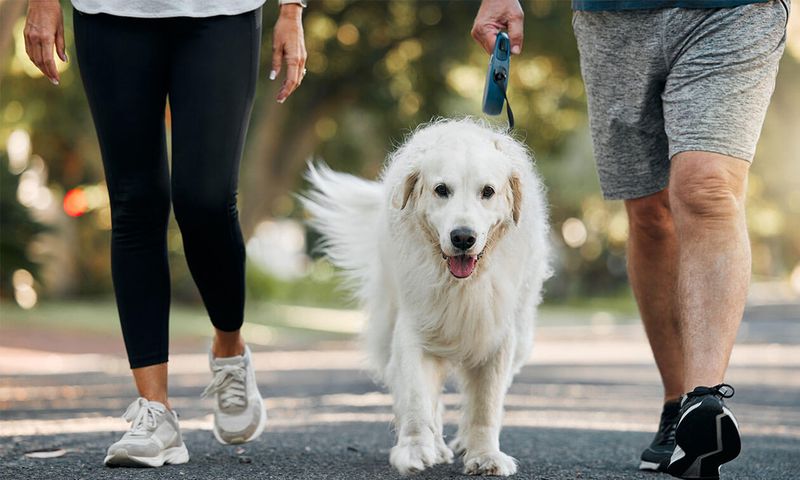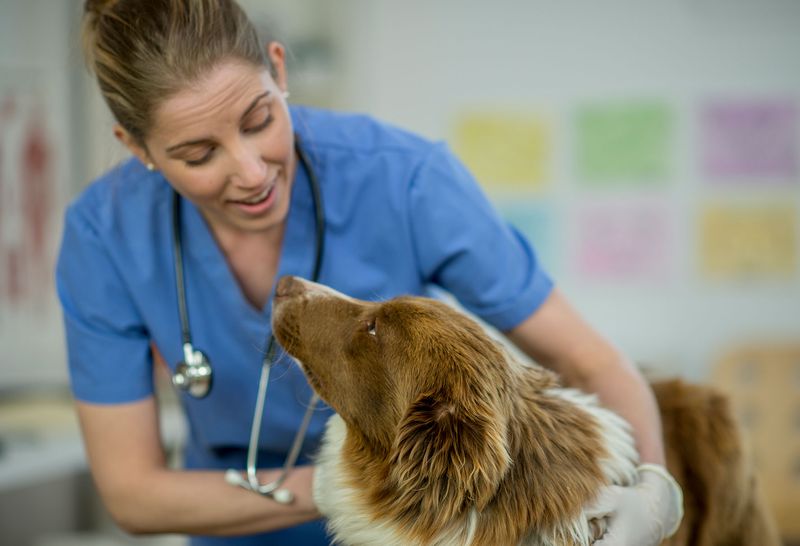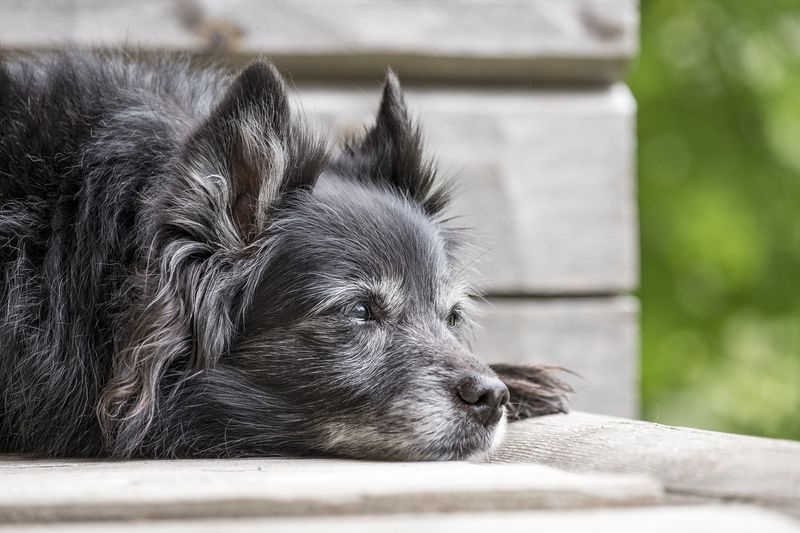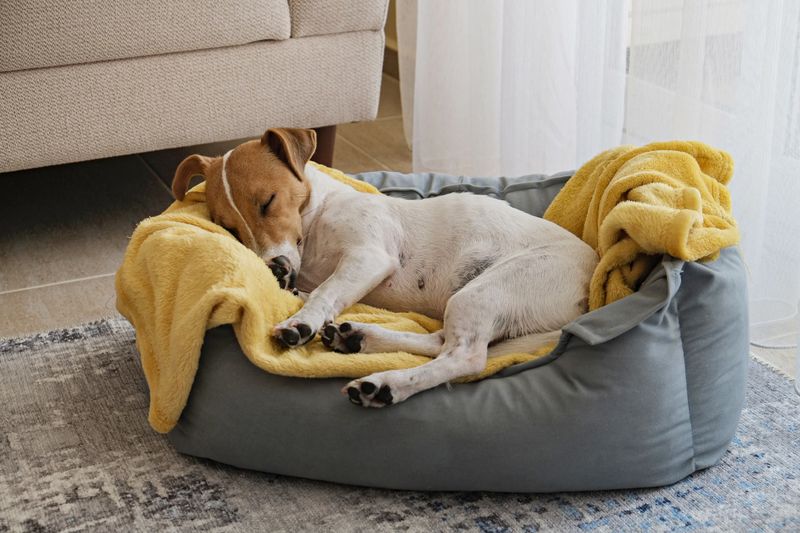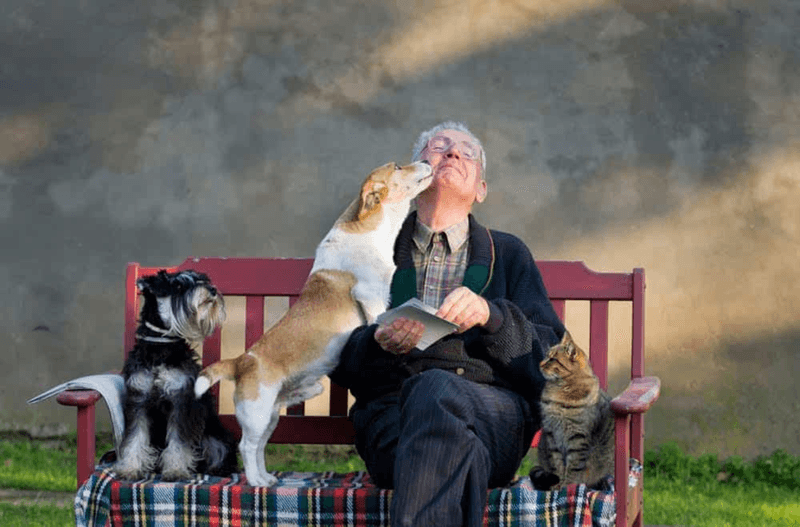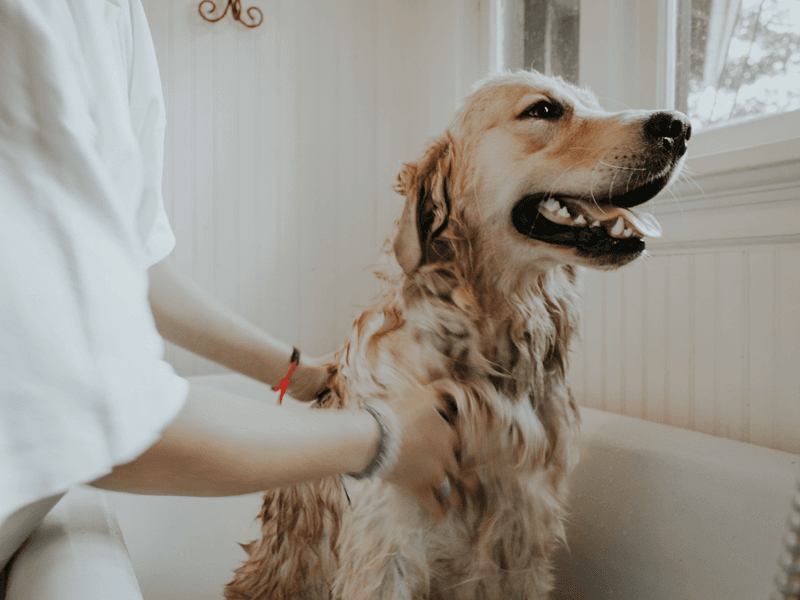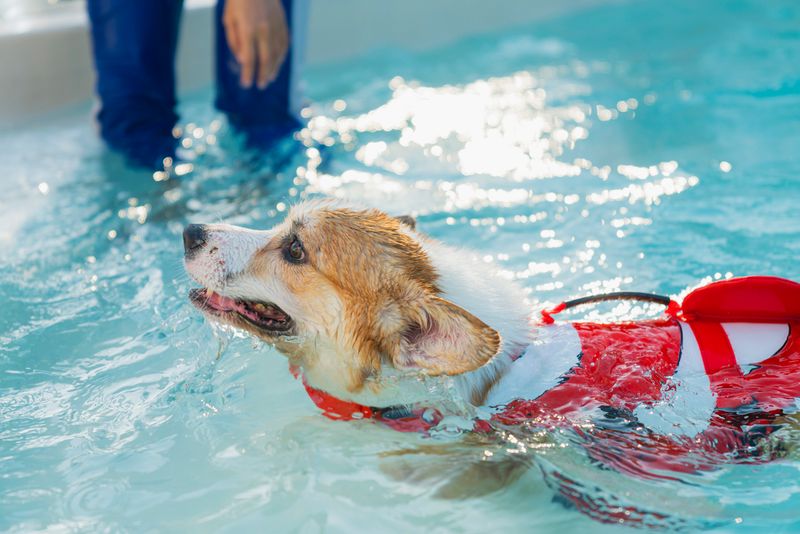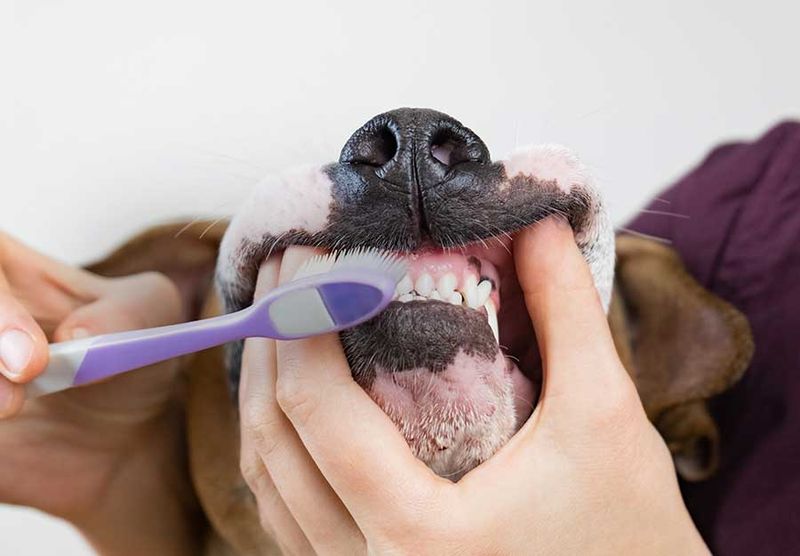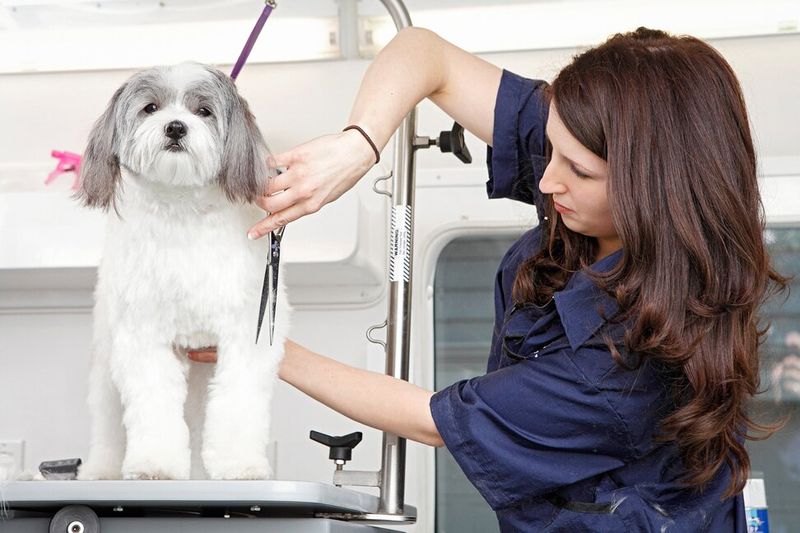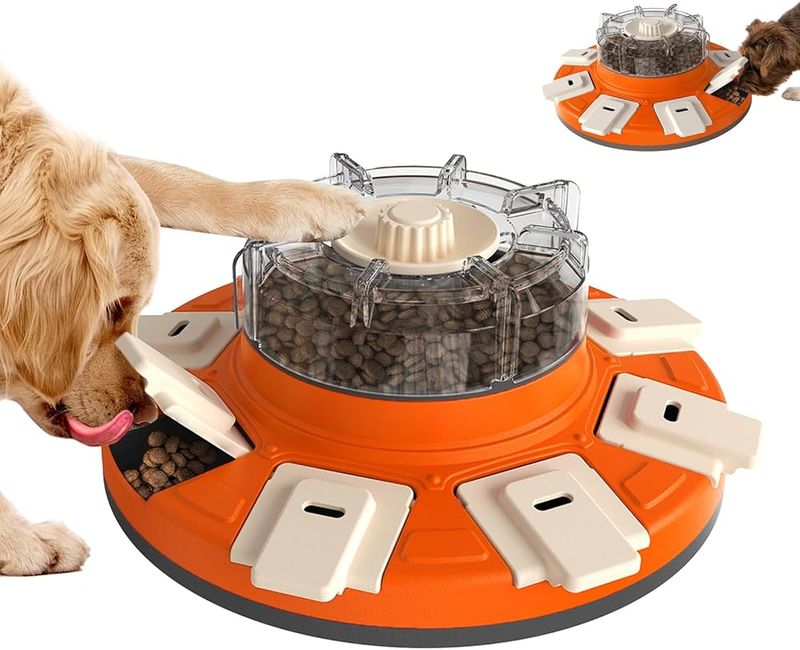Understanding the aging process in dogs is crucial for pet owners. As dogs age, their needs change, requiring adjustments in care and attention. This blog post explores seven key aspects of aging in dogs, providing insights and practical tips for ensuring your furry friend enjoys a healthy and comfortable life in their golden years.
Signs of Aging in Dogs
Just like humans, dogs show signs of aging that can be subtle at first. You might notice a graying muzzle or a slower pace during walks.
These changes are natural as your dog enters their senior years. They may also experience decreased hearing or vision.
Recognizing these signs early allows you to adapt their care, ensuring comfort. Regular vet check-ups become crucial at this stage to monitor their health. Paying attention to these signs helps in maintaining their quality of life.
Nutritional Needs for Senior Dogs
As dogs age, their dietary requirements shift towards foods that support joint health and weight management.
Senior dog foods are often rich in fiber and lower in calories, preventing obesity. Adding supplements like Omega-3 fatty acids can enhance their coat and joint health.
It’s essential to consult with a veterinarian to tailor a diet specific to your dog’s needs. Proper nutrition is key to ensuring your senior dog stays active and healthy.
Exercise Routines for Older Dogs
Exercise remains vital for aging dogs, but routines need adjustment. Instead of intense play, focus on gentle walks or swimming.
These activities are easier on joints and help maintain muscle tone. Regular but moderate exercise prevents obesity and keeps your dog’s mind stimulated.
Always pay attention to their comfort levels, providing rest when needed. It’s about maintaining a balance between activity and relaxation as they age.
Health Check-Ups and Veterinary Care
Frequent veterinary visits become more important as dogs age. Regular check-ups can catch potential health issues early, such as arthritis or dental problems.
Vaccinations might need updating, and routine blood tests can monitor organ function. A strong relationship with a trusted vet ensures your dog receives the best care possible.
Prioritizing health check-ups extends your pet’s life and enhances their quality of life.
Cognitive Health in Aging Dogs
Mental stimulation helps preserve cognitive health in senior dogs. Engaging them with interactive toys or simple training exercises can keep their minds sharp.
As dogs age, some may experience cognitive decline, similar to dementia in humans. Keeping a consistent routine and providing mental challenges can mitigate these effects.
It’s crucial to observe any behavioral changes, addressing them with professional guidance to support their cognitive well-being.
Comfortable Living Environment
Creating a comfortable environment becomes essential for aging dogs. Consider orthopedic beds to support their joints, and ensure their sleeping spot is warm.
Older dogs may struggle with stairs, so providing ramps or avoiding stairs can prevent accidents. Keeping their living area tidy and free from obstacles also helps.
Comfort extends beyond physical needs; maintaining a calm and loving atmosphere is vital for their emotional health.
The Role of Companionship
Companionship plays a significant role in an aging dog’s life. Social interactions with humans and other pets can enhance their happiness and reduce anxiety.
Loneliness can lead to depression, so spending quality time with your dog is vital. Engaging in gentle play or simply lounging together strengthens your bond.
This companionship provides emotional security, making their senior years fulfilling and joyful.
Gentle Skin Care
Skin becomes more sensitive as dogs age, requiring special attention and care. Consider incorporating regular gentle massages with dog-friendly moisturizers to maintain skin health.
This not only helps to soothe dry and itchy skin but also offers a bonding experience. Additionally, baths with hypoallergenic shampoos can aid in keeping their coat shiny and healthy.
Look for natural ingredients that won’t irritate the skin, ensuring a comfortable and pleasant experience for your furry friend.
Joint-Friendly Activities
Aging joints need nurturing to maintain mobility and comfort. Swimming is an excellent low-impact exercise that allows dogs to stay active without straining their joints.
Consider taking your furry friend for a gentle swim in a safe environment, where they can splash around and enjoy themselves. Alternatively, short, slow walks on soft grass provide a great way to keep them moving.
Engaging in joint-friendly activities ensures they stay healthy and happy, even as they age.
Dental Health Routine
Maintaining dental health in older dogs is crucial for their overall well-being. Regular brushing helps prevent tartar build-up and gum disease, which can lead to more serious health issues.
Use a dog-specific toothbrush and toothpaste, as human products can be harmful to them. Make the process as stress-free as possible, offering treats and praise for good behavior.
Dental chews and toys designed to clean teeth can supplement the routine, ensuring a fresh and clean mouth.
Customized Grooming Sessions
Grooming needs change as dogs age, requiring a more tailored approach. Regular grooming sessions help detect skin issues early and keep their coat in top condition.
Use softer brushes and consider professional grooming services that specialize in older dogs. These sessions not only maintain hygiene but also provide relaxation and comfort.
Pay attention to signs of discomfort, adjusting techniques to ensure a positive grooming experience.
Enriching Mental Stimulation
Cognitive enrichment is key to maintaining mental sharpness in aging dogs. Interactive puzzle toys and treat dispensers challenge their minds and keep boredom at bay.
Rotating toys and introducing new games regularly can invigorate their curiosity and engagement. It’s a joyful way to bond and provides them with a sense of achievement.
These activities support cognitive health, ensuring your dog’s later years are filled with discovery and joy.
